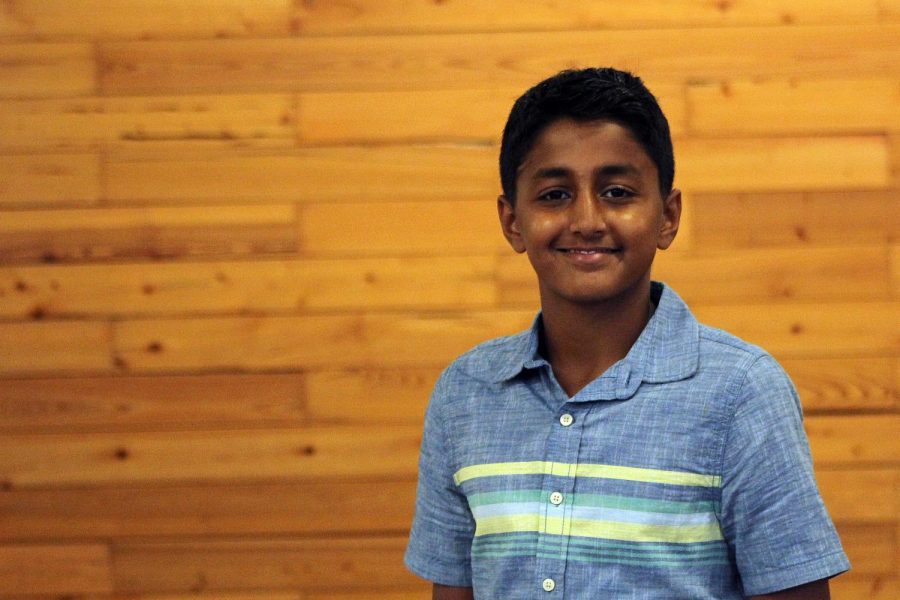Emphasis on civic discourse does not go far enough in USD 383
November 1, 2021
On June 30, the Board of Education opened the floor for citizen comments regarding Critical Race Theory. This opportunity for citizens of the community to voice their opinions soon boiled over into a contentious dispute. Instead of being considerate of opposing viewpoints, participants engaged in fierce debate.
The incident further cemented the political divide in our community. More importantly, the event at the Board of Education meeting accentuated the need for USD383 to incorporate the principles of civic discourse into the curriculum. The district must prioritize teaching productive deliberation rather than subversive debate to reach a common agreement concerning schismatic issues.
To understand why the widespread education of civic discourse is so crucial, we must first understand what civic discourse is. The Institute for Civic Discourse and Democracy at Kansas State University defines the principles of civic discourse as the following: Seek understanding and common ground, expect and explore conflicting viewpoints, give everyone the opportunity to speak, listen respectfully and thoughtfully, offer and examine support for claims, appreciate communication differences, stay focused on issues and respect time limits. It is through these principles that we can reach common ground when talking about divisive issues. Yelling hurtful things does not help accomplish anything besides instilling hate and violence into the community. If we emphasize common ground rather than polar opinions, important problems in our community can be acted upon.
The current generation of voters has completely lost the ability to understand differing viewpoints. That is the main reason the events that occurred on June 30 happened and why so many other issues divide us. Teaching the principles of civic discourse to the next generation (i.e. current students in the district) can help us heal this pernicious wound. If the next generation has the skills to properly discuss issues in the community, we can take action on those very issues instead of sitting back and dissecting every possible reason the opposing idea is harmful. Compromise is imperative.
If people can effectively communicate with each other, their deliberation will have a positive influence on government decisions. This is why the Board of Education holds citizen comments in the first place, so the board members are aware of the community’s stance on the issue. On June 30, the view of the people was conflicted to the point of hatred. But if the citizen comments are consistently tied to and based on the principles of civic discourse and common ground (unlike June 30), so many things can be accomplished.
Through teaching civic discourse in USD383, we can foster a positive environment in our schools that has lasting effects. We can nurture a community where opposing ideologies can coexist in harmony and problems can be solved. By educating the next generation, we can set the societal framework for our kids, grandkids and ultimately the future.


